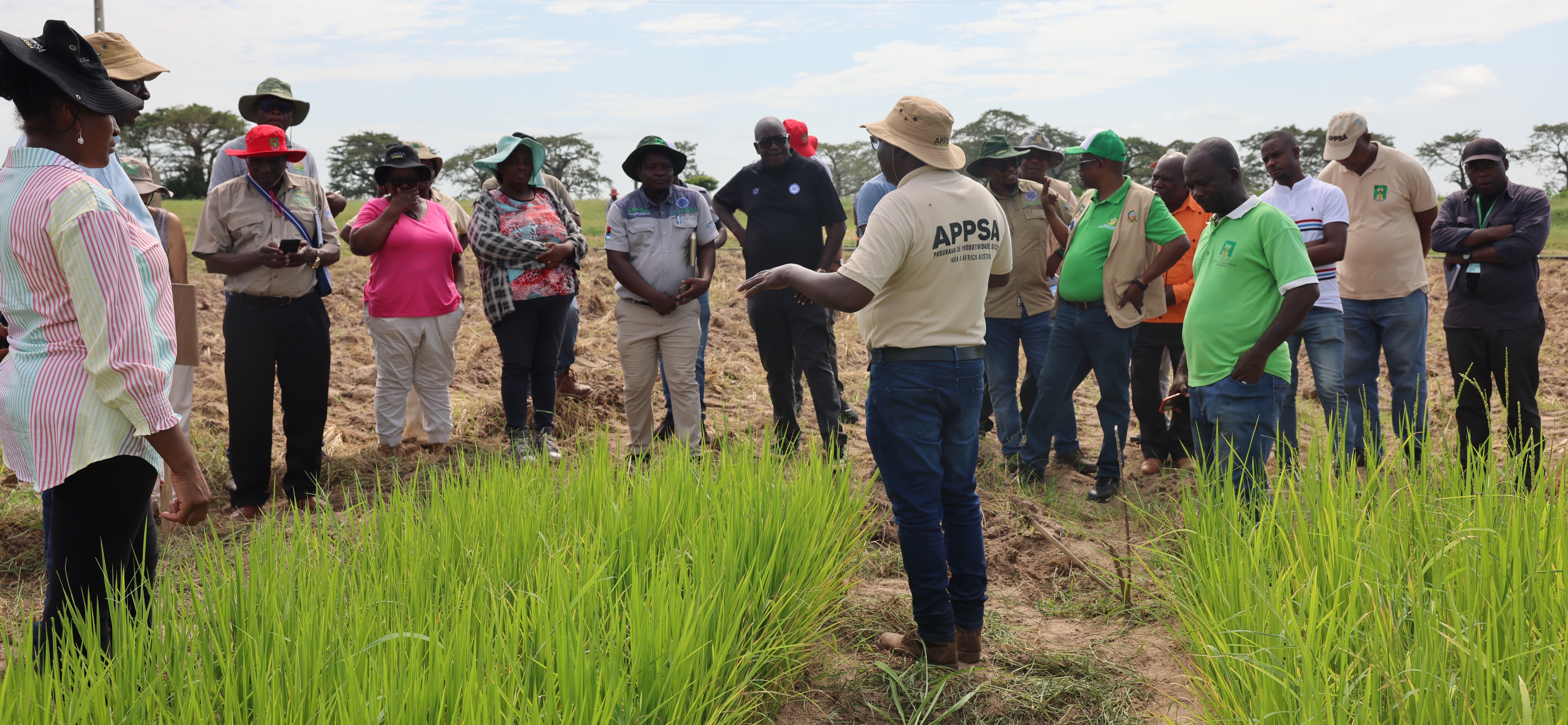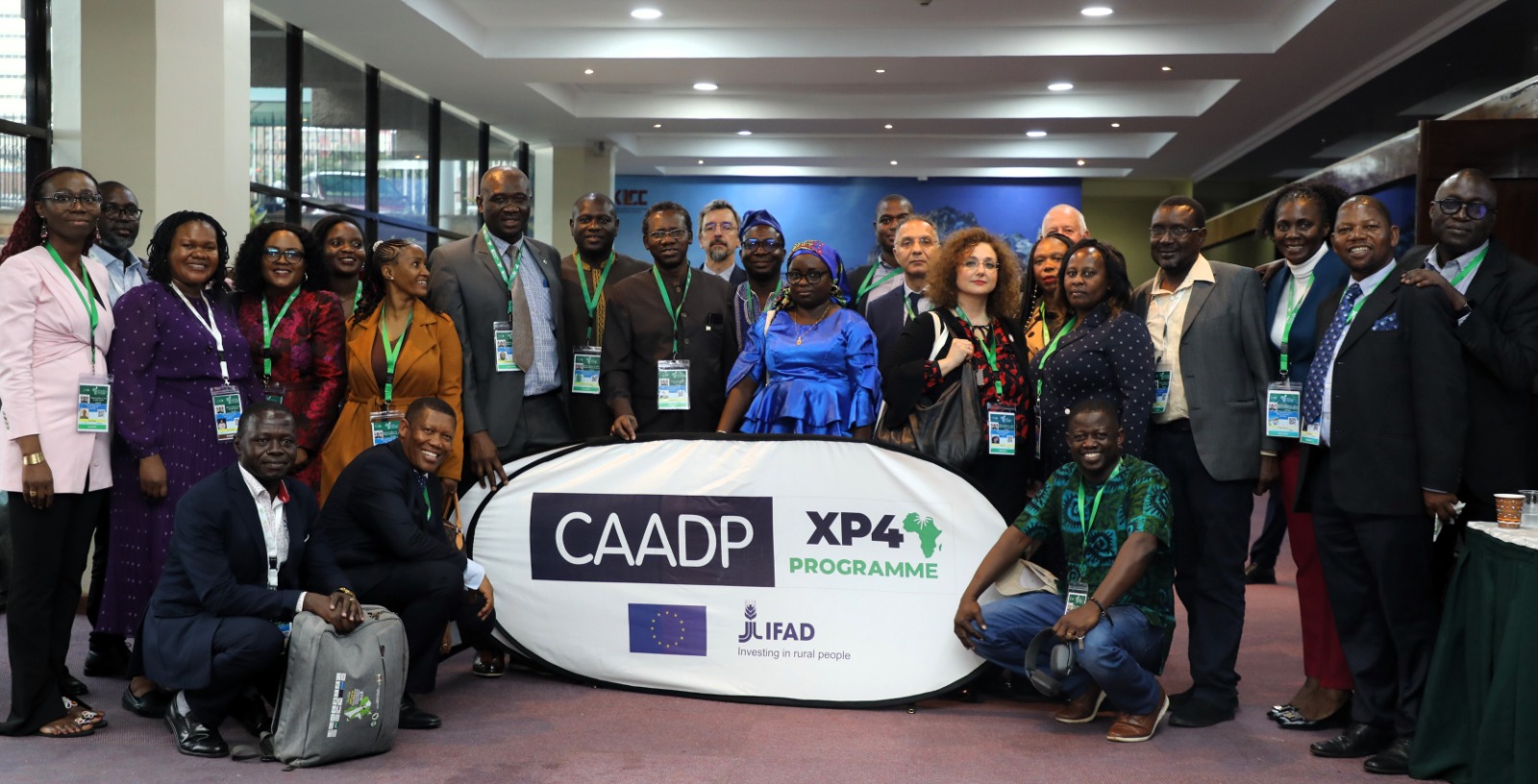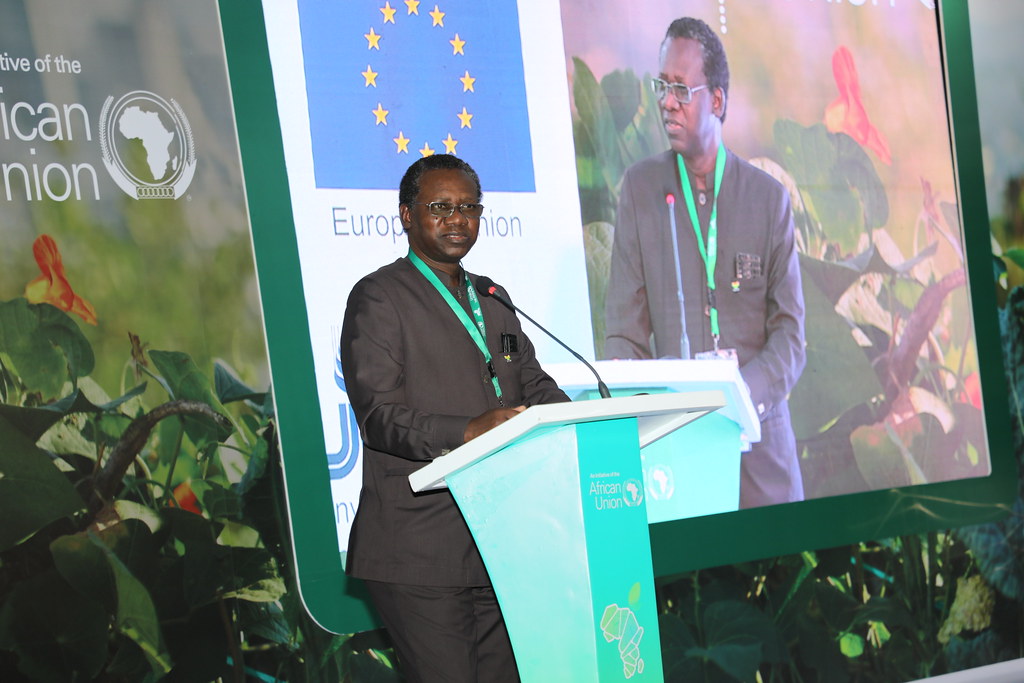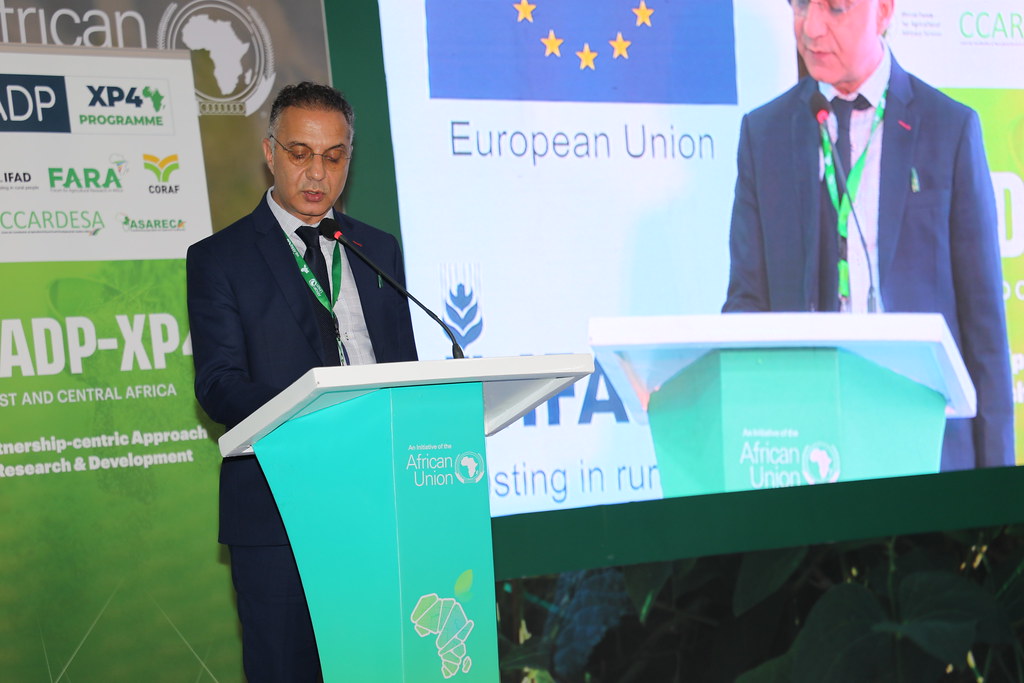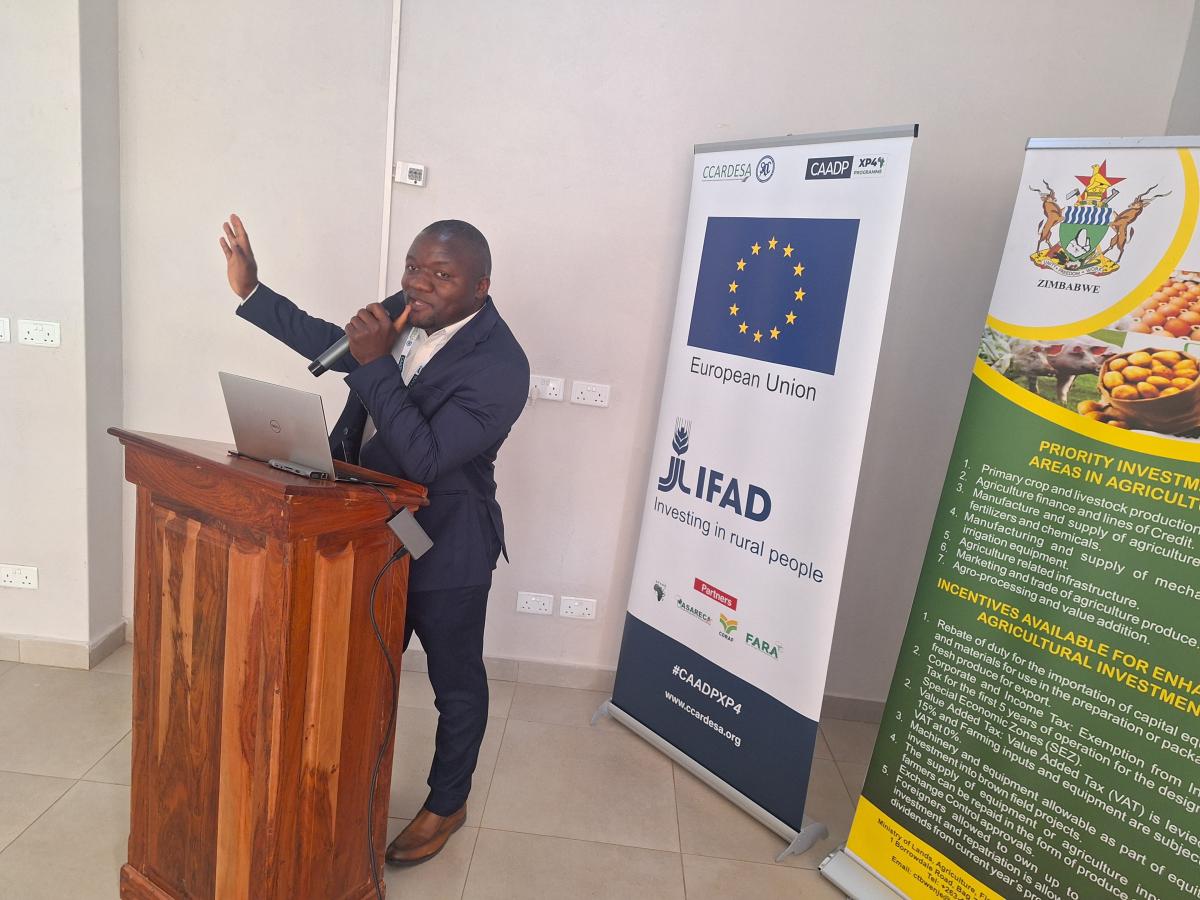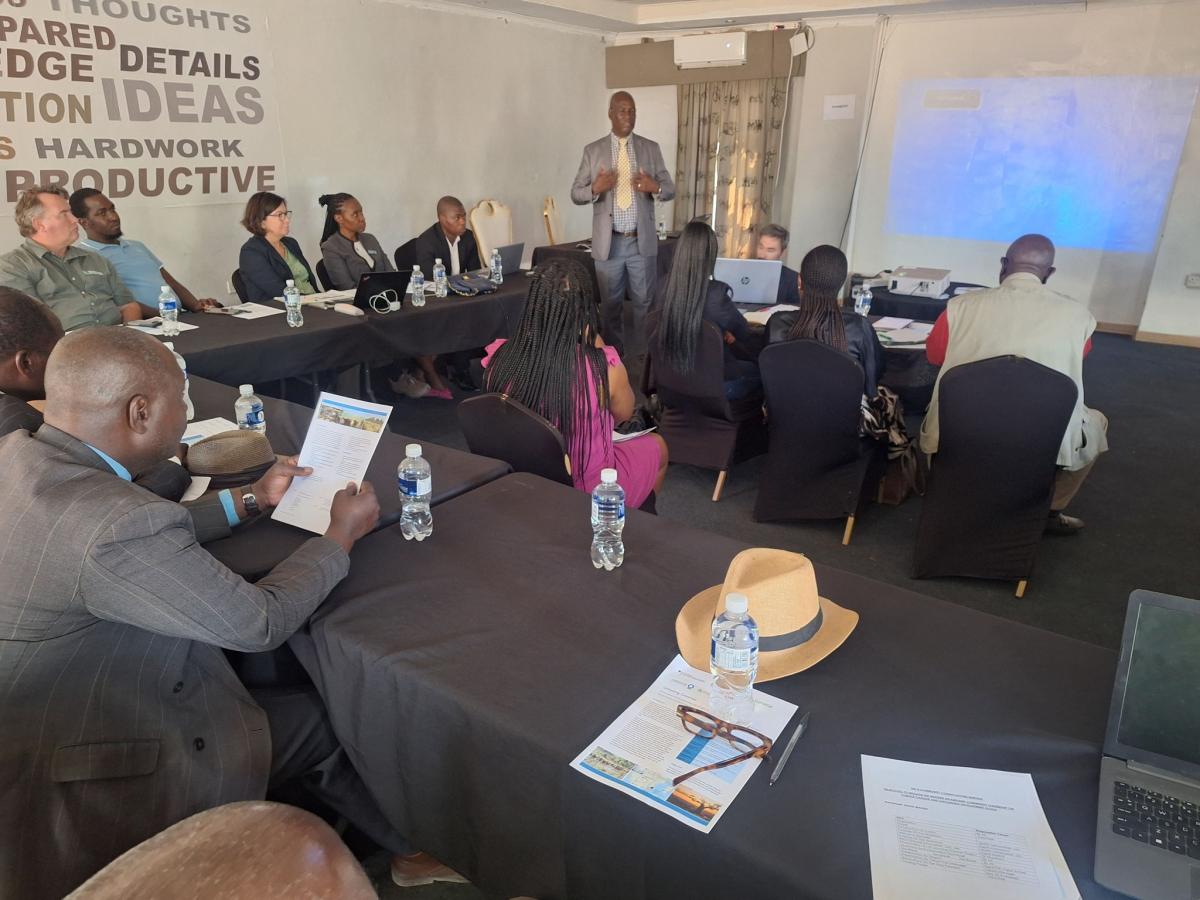Feasibility study for Climate-Smart Agriculture Systems in Southern Africa
Based on CSA practices, prioritized in national and regional workshops, a study was conducted using historical data collected by the International Maize and Wheat Improvement Centre (CIMMYT) and its national partners to better understand the benefits and challenges of CSA technologies and to assess their feasibility for a large outscaling initiative in southern Africa. The specific objective of the study was to assess their economic, biophysical, environmental and social benefits using existing available long-term data. For completeness a summary of challenges in their implementation was also provided.
ZARI
Thierfelder,C. and Mutenje, M. (2018). Feasibility study for Climate-Smart Agriculture Systems in Southern Africa. CIMMYT.


